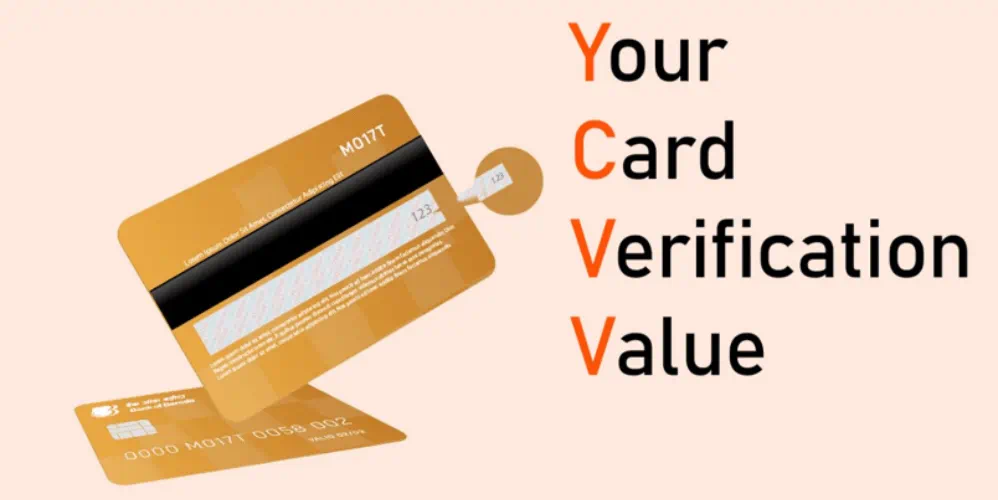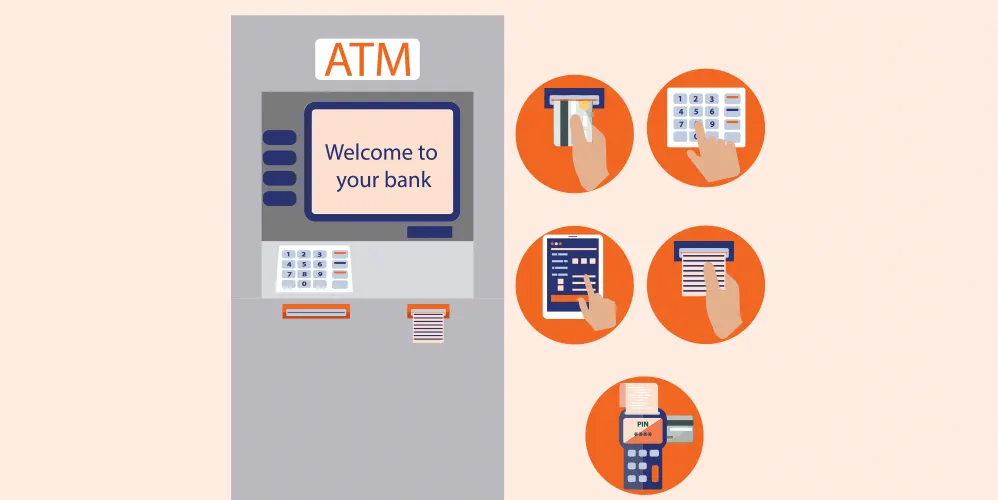
Understanding Bounced Cheques: Definition, Consequences, and Fees
05 जून 2024

Table of Content
What is a Bounced Cheque?
In simpler terms, a dishonoured cheque also called as bounced cheque is the one that gets rejected by the bank due various financial and non-financial reasons such as lack of funds in the account, incorrect date, signature mismatch etc. In simpler terms, a dishonoured cheque also called as bounced cheque is the one that gets rejected by the bank due various financial and non-financial reasons such as lack of funds in the account, incorrect date, signature mismatch etc. This usually happens for a variety of reasons. When a cheque bounces, the bank may charge fees to the person who wrote the cheque (the issuer). Bouncing cheques repeatedly can hurt your credit score and make it harder to do business in the future. There can even be legal trouble / implications, if the cheque was dishonoured or returned unpaid for want of funds / insufficient funds.
Why Do Cheques Bounce?
Cheques can bounce for various reasons, all of which typically relate to the cheque being deemed invalid or unacceptable by the bank. Here are some common reasons why cheques bounce:
Insufficient Funds: The most common reason is that the account from which the cheque is drawn does not have enough money to cover the cheque amount.
Incorrect Date: A post-dated cheque (one written with a future date) may bounce if presented before the specified date. Similarly, a cheque with an outdated date (stale cheque) can be rejected if it's presented too long after it was written/issued, typically more than three months.
Mismatch in Signature: If the signature on the cheque does not match the specimen signature held by the bank, the cheque will bounce.
Closed Account: If the cheque is drawn on an account that has been closed, it will bounce.
Irregularities in the Cheque: This includes issues like a mismatch in the amounts written in words and figures, incomplete details, or discrepancies in the cheque such as torn cheque, mutilated cheque etc.
Technical Reasons: Sometimes, cheques can bounce due to technical reasons such as errors in encoding or printing, or because the cheque is damaged or defaced.
Each of these reasons signifies an issue with the cheque or the account it's drawn upon, leading to the bank's refusal to process the payment.
What Happens When a Cheque Bounces?
When a cheque bounces, it means the bank has refused to honour it due any financial and/or non-financial reason such as insufficient funds in the issuer's account, a stop payment order, or other issues like mismatched signatures.
The payee is notified, often incurring a fee for the returned cheque. The issuer may face penalties, bank fees, and damage to their credit score. Repeated instances can lead to legal action and account restrictions. To resolve it, the issuer must cover the shortfall and any associated charges before reissuing the payment.
Fees and Penalties for Bounced Cheques
When a cheque fails to process or is bounced, the consequences are not limited to just mild inconvenience to the issuer and the receiver. Both the parties may have to pay a cheque bounce penalty. Additionally, repeated bounced cheques can lead to higher fees, account closures, and difficulty opening new accounts. It may also highly impact your credit score, thus making it difficult for you to obtain loans and other forms of credit.
How to Avoid Bounced Cheques?
To avoid bounced cheques, ensure you have sufficient funds in your account before issuing a cheque. Regularly monitor your account balance and keep track of all transactions. Use overdraft protection services offered by your bank to cover shortfalls. Set up alerts for low balances or pending payments. Opt for electronic payments when possible, as they provide instant confirmation of fund availability. Communicate with the payee if there might be any delays in funds to avoid potential issues. Finally, maintain good banking practices and manage your finances prudently to prevent overdrafts.
Conclusion
A bounced cheque can lead to a cascade of financial and legal troubles. Understanding the definition, consequences, and fees associated with a bounced cheque can help you manage your finances better and avoid potential pitfalls. By staying informed and proactive, you can ensure that your cheques are always honoured and maintain a healthy financial standing.
Popular Articles
Related Articles



What is CVV on a Debit Card? Understanding Its Importance and Security Features


How to Update Your FASTag KYC: Step-by-Step Guide for Online & Offline Methods




The Importance of Pension Funds: Secure Your Future with Steady Retirement Income

-
डिस्क्लेमर
इस लेख/इन्फोग्राफिक/चित्र/वीडियो की सामग्री का उद्देश्य केवल सूचना से है और जरूरी नहीं कि यह बैंक ऑफ बड़ौदा के विचारों को प्रतिबिंबित करे। सामग्री प्रकृति में सामान्य हैं और यह केवल सूचना मात्र है। यह आपकी विशेष परिस्थितियों में विशिष्ट सलाह का विकल्प नहीं होगा । बैंक ऑफ बड़ौदा और/या इसके सहयोगी और इसकी सहायक कंपनियां सटीकता के संबंध में कोई प्रतिनिधित्व नहीं करती हैं; यहां निहित या अन्यथा प्रदान की गई किसी भी जानकारी की पूर्णता या विश्वसनीयता और इसके द्वारा उसी के संबंध में किसी भी दायित्व को अस्वीकार करें। जानकारी अद्यतन, पूर्णता, संशोधन, सत्यापन और संशोधन के अधीन है और यह भौतिक रूप से बदल सकती है। इसकी सूचना किसी भी क्षेत्राधिकार में किसी भी व्यक्ति द्वारा वितरण या उपयोग के लिए अभिप्रेत नहीं है, जहां ऐसा वितरण या उपयोग कानून या विनियमन के विपरीत होगा या बैंक ऑफ बड़ौदा या उसके सहयोगियों को किसी भी लाइसेंसिंग या पंजीकरण आवश्यकताओं के अधीन करेगा । उल्लिखित सामग्री और सूचना के आधार पर किसी भी वित्तीय निर्णय लेने के लिए पाठक द्वारा किए गए किसी भी प्रत्यक्ष/अप्रत्यक्ष नुकसान या देयता के लिए बैंक ऑफ बड़ौदा जिम्मेदार नहीं होगा । कोई भी वित्तीय निर्णय लेने से पहले अपने वित्तीय सलाहकार से सलाह जरूर लें।
The Importance of Pension Funds: Secure Your Future with Steady Retirement Income
At a younger age, retirement planning may not be high on your priority list, as you might be of the mindset there is still a lot of time left. However, as age catches up with you, you might be in a hurry to save enough money for a comfortable life post retirement. As the golden years approach, the importance of a secure and comfortable retirement becomes increasingly evident. This is where pension funds come in handy. Now, you might be wondering, what is a pension fund? In this journey towards financial fulfillment, pension plans act as invaluable tools that provide a steady income stream during retirement. In this blog, we'll delve into the world of pension plans and their benefits.
Understanding Gratuity: Your Complete Guide to Employee Benefits
In the complex landscape of employment benefits and compensations, the term "gratuity" frequently arises. Gratuity is a financial benefit offered to employees as a gesture of gratitude for their unwavering commitment and service. This comprehensive guide will thoroughly examine the concept of gratuity, delving into its definition, eligibility requirements, calculation methodology, and the significance of comprehending this essential employment benefit.

